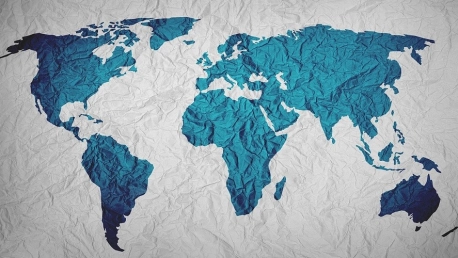
Most people living in the US and other Western countries are experiencing a new age fueled by technological breakthroughs and digital tools. With smartphones and personal computers to guide their work and free time, GPS navigation apps that help them choose the best route possible when visiting a

After two years of unprecedented emergency brought on by a global pandemic, the world is now at a brink of a new crisis. Ukraine is at the center of the situation, with tens of thousands of Russian troops now spread menacingly along its border . While US-Russia talks continue to look for a
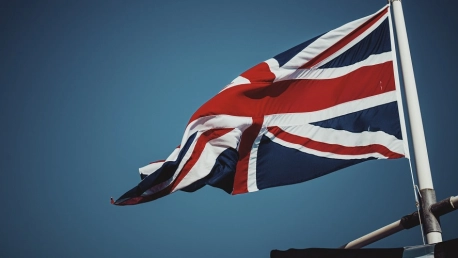
It is a turbulent time for the British government. The relations between the UK’s political leadership and its citizens have been contentious for the past two years. From the mishandling of the pandemic to the Christmas parties at 10 Downing Street, residents are starting to lose faith in their
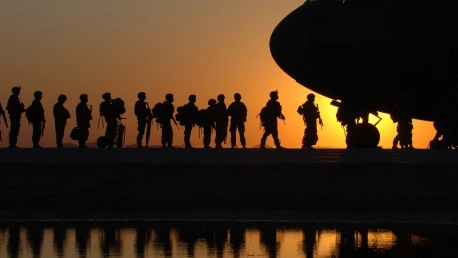
Not long after President Joe Biden attended two summits in Europe , a new issue appeared on the world stage. Tensions started to rise in Ukraine after both the Eastern European country and the U.S. expressed concerns at what seemed to be an unusual build-up of Russian troops at the Ukrainian
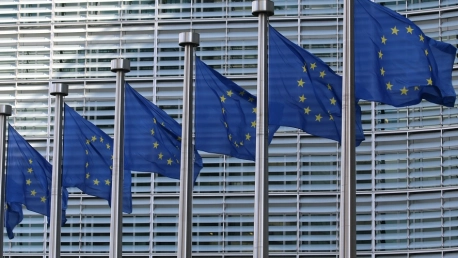
President Joe Biden recently visited Europe to attend two summits in Rome and Glasgow and show people everywhere that America will continue to play a leading role on the world stage. Biden joined other world leaders in essential talks about climate change as the US rejoined the Paris Agreement. The
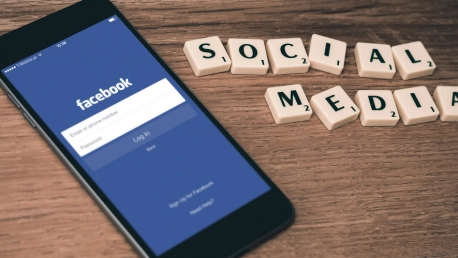
The COVID-19 pandemic has taken the world by storm and ultimately changed the way people work, live, and interact with each other. As working remotely became a fact of life in the new normal, social media platforms also became more and more important—primarily because they were a way of maintaining